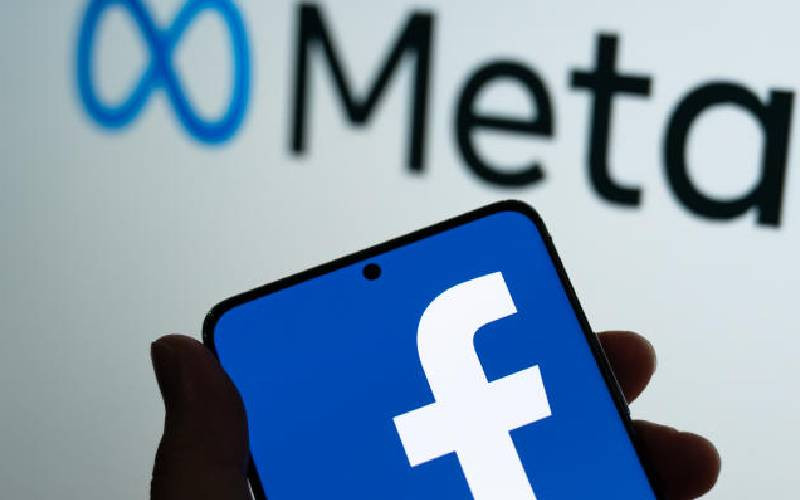
The world of work, over the years, has evolved due to internet usage and, recently, the Covid-19 pandemic. In essence, the latter has reduced the world into a global village with work being adversely affected.
The former has, arguably, changed the definition of work by making employers rethink various modes of work due to safety concerns. And with the changes in the world of work, especially with the disruptions by various supply chains and mobility as a result of various trade deals, young people continue being the beneficiary of the good and the bad of the changes.